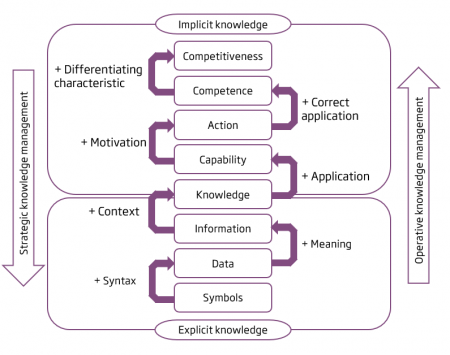Community of Practice within and across the communities: A Story of Collaboration Across Borders
We are excited to share an important milestone in the life of a  guidebook on Communities of Practice within and across organizations: the release of its Ukrainian edition.
guidebook on Communities of Practice within and across organizations: the release of its Ukrainian edition.
A Story of Collaboration Across Borders (read more)
This edition is not just a translation — it’s the result of a self-organized, international collaboration. The idea started in 2023 when the first version of our guidebook was published. Longtime fellow Olga Vtorushina (Yadryhynskaya) connected with two independent consultants: Kristina Mirchuk (Spain) and Viktoriia Oleshko (Ukraine). Together, they built a social learning and translation team that soon included:
-
Oksana Oliynyk (Germany) – lead translator and experienced editor in communication and development.
-
Myroslava Kyrylchuk (Ukraine) – main language editor and published author.
-
Samira Tymchenko (France) – visual design, facilitator, trainer, and coach.
Additionally, terminology work was coordinated by Viktoriia Oleshko with KM, community, and research experts:
-
Nataliia Orlova
-
Khrystyna Yablonska
-
Myroslava Tkachuk
-
Alla Zhdan
-
Nataliia Galyas
A Living Learning Process
In April 2025, the team launched a Ukrainian reading circle inspired by Scandinavian “videnscirkler”. Around 20 participants from diverse fields meet biweekly to read and reflect on the Ukrainian edition. The reading circle has created powerful conversations about the role of communities of practice, both in Ukraine and internationally.
An Invitation to Celebrate Together
We invite you to join us for the official launch event:
🗓 June 13, 2025
🕛 12:00 – 14:00 (UTC+1)
📍 Online via Zoom: Join here
📺 or follow live on LinkedIn: Watch here
The event will feature:
-
Phil Reid (co-author of the guidebook)
-
Oksana Oliynyk (main translator)
-
Publishing team: Viktoriia Oleshko, Kristina Mirchuk, Nataliia Orlova, Khrystyna Yablonska
-
Olga Vtorushina, who coordinated the translation initiative
The conversation will be held in English, with simultaneous translation into Ukrainian.
A Community Effort — Even in Fundraising
This Ukrainian edition was made possible through fundraising efforts supported by personal volunteering, online webinars, and generous partners in Denmark including SimCorp and Bevar Ukraine.
Join the Journey
You can follow and connect with the translation team via the oficial website or LinkedIn page.
We look forward to celebrating this moment with you — and continuing to learn together, across languages and communities.



 Definition of Knowledge and its components (Klaus North)
Definition of Knowledge and its components (Klaus North)